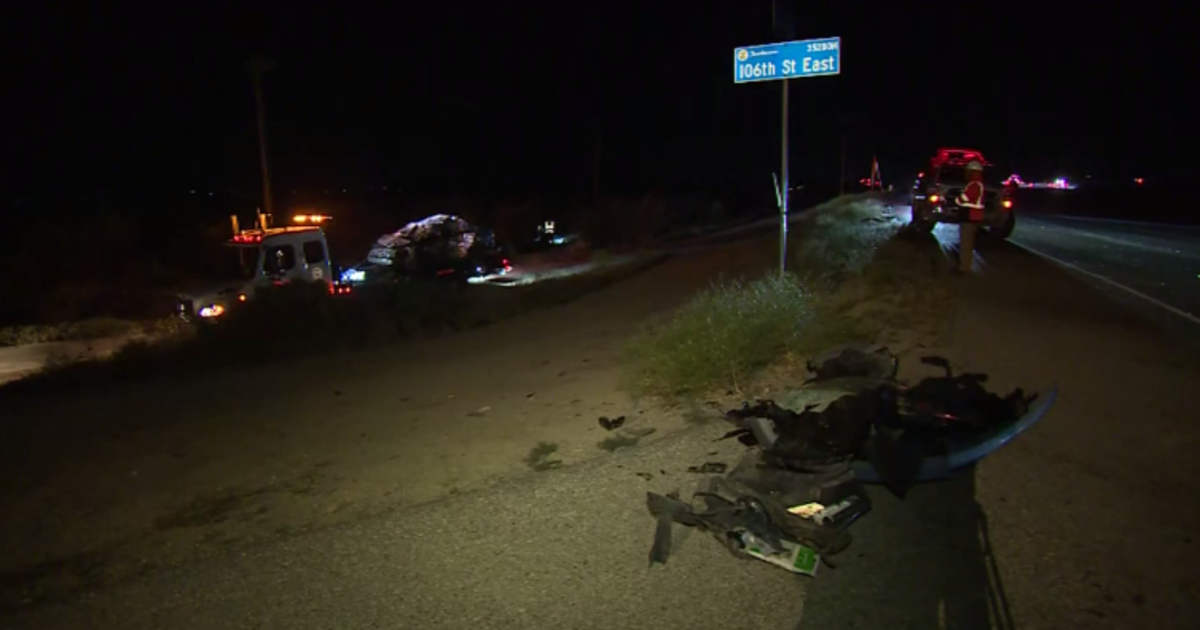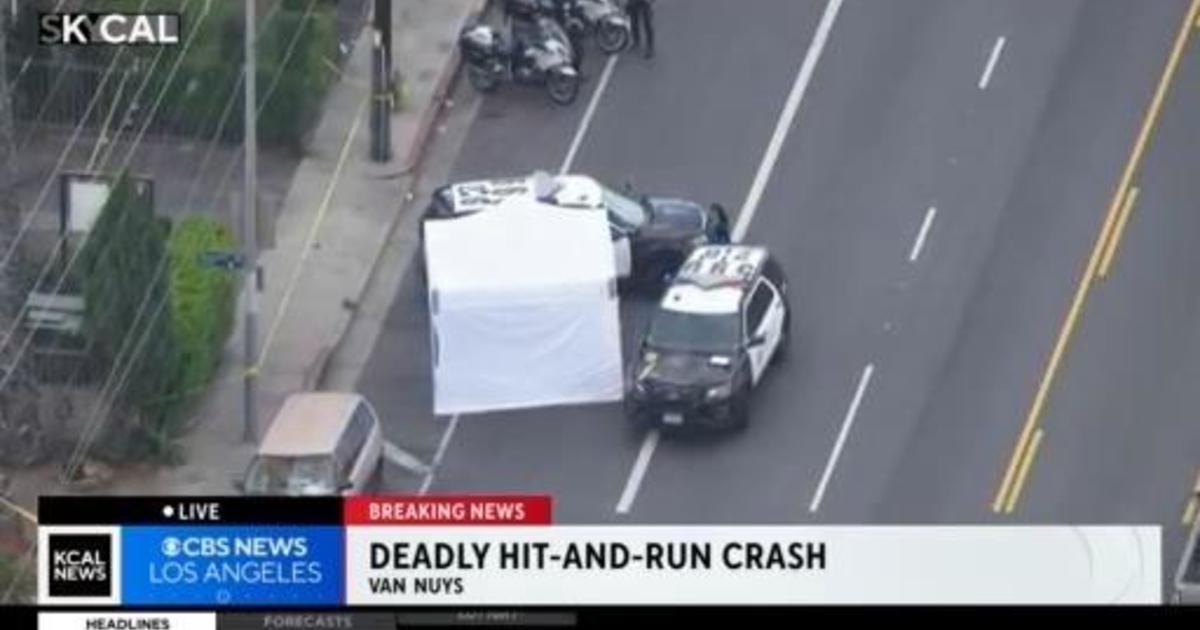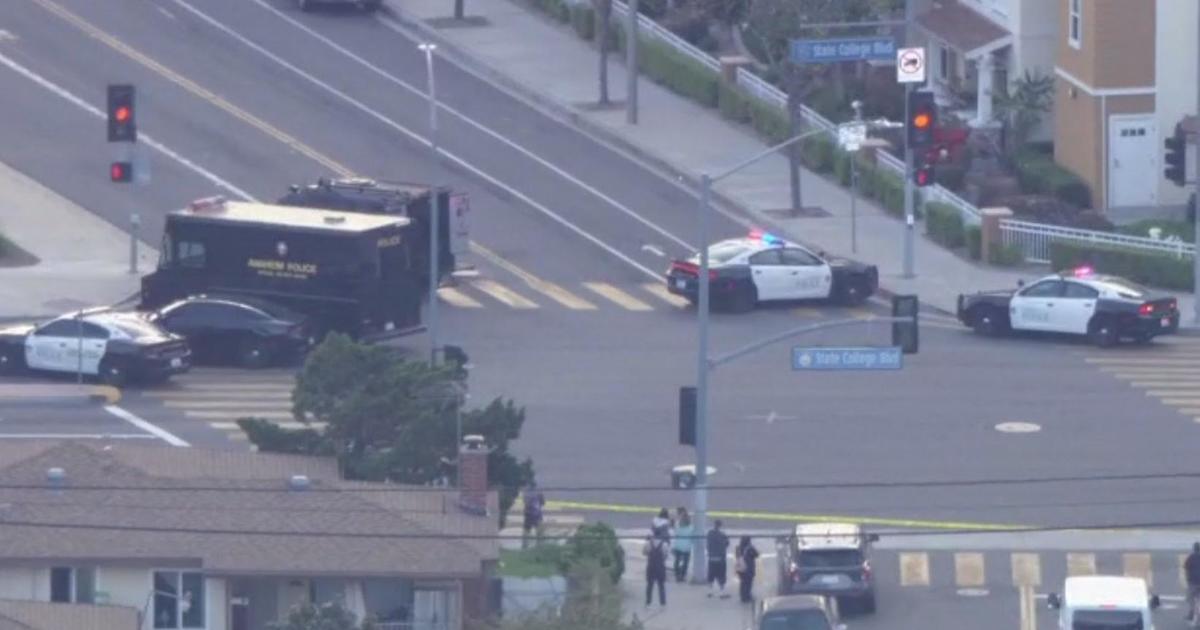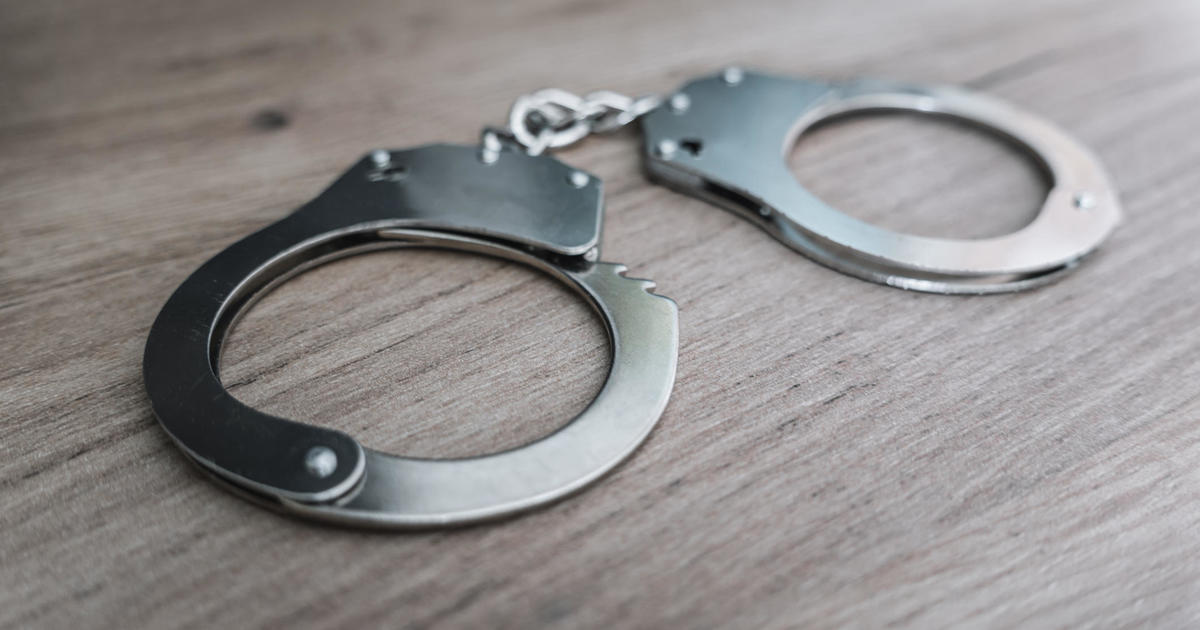Former KCAL investigative reporter David Goldstein shares his experiences covering the O.J. Simpson murder trial
Reflecting on the life of O.J. Simpson, former KCAL News Investigative reporter David Goldstein shared his experiences covering the infamous double-murder trial in Los Angeles.
Following the news of Simpson's death on Thursday, Goldstein joined Jamie Yuccas and Rudabeh Shahbazi to discuss the precedent-setting trial, and its lasting impacts.
Simpson stood trial for the murders of his ex-wife Nicole Brown Simpson and her friend Ronald Goldman. The trial lasted almost a year before Simpson was found not guilty.
When asked about what happened when the verdict was read, Goldstein talked about how it was a snapshot of what was going on in Los Angeles at the time.
"There was a big distrust between Blacks and whites in the city, and this trial sort-of brought it all to a head… You would lose friends, win friends over this," Goldstein said. "It was an amazing time in the city because while it was this one trial, it really showed the problems not only in Los Angeles but in cities all across the country. The distrust of people in the criminal justice system."
KCAL covered the trial live every day, gavel to gavel. That meant Goldstein was at the courthouse every day starting at 8:30 a.m.
"I would leave and go home, or go to a store, everybody was asking what's going on, what did you see in the courtroom, what didn't we see in the courtroom," he said.
Goldstein touched on the fact that two families lost loved ones, then had to live through the circus of a trial.
"Obviously to this day they are still living with it, and that's the tragedy that sometimes people gloss over in this case," he said.
The trial not only had a huge effect on the families of the victims, but also the criminal system in Los Angeles and the issue of money. Here was a case where the defendant had the ability to hire a top legal team.
"He had, they called it, The Dream Team at that time. He had the biggest attorneys in town … going up against an under-funded DA's office, nobody could go up against that kind of money and those kind of experts," Goldstein said.
The trial also shed light on the racial tension in Los Angeles, with people viewing the trial differently.
"It brought to the forefront the issue of Blacks and whites in Los Angeles," he said. "Some people cheered when the verdict came down, others cursed it. So, it brought home the differences in this town at the time."
The Simpson trial was also a watershed moment for DNA in the courtroom. It was the first time DNA was really used openly in a trial, Goldstein said.
"The DA's office was criticized for it, and they spent about a week explaining the minutiae of DNA…There were so many riveting parts to this case," he said.
Another memorable moment from the trial was when Simpson tried on the glove and defense attorney Johnnie Cochran saying the "if it doesn't fit, you must acquit."
Goldstein recalled that famous line, saying it happened on a Friday afternoon, just before court was going to adjourn for the day.
"That was the moment that everybody thought of all weekend long, until wondering what they were going to do Monday morning."
Despite being acquitted in 1995, Simpson was later found liable for the deaths of Nicole Brown Simpson and Ronald Goldman by a jury in a civil trial.



